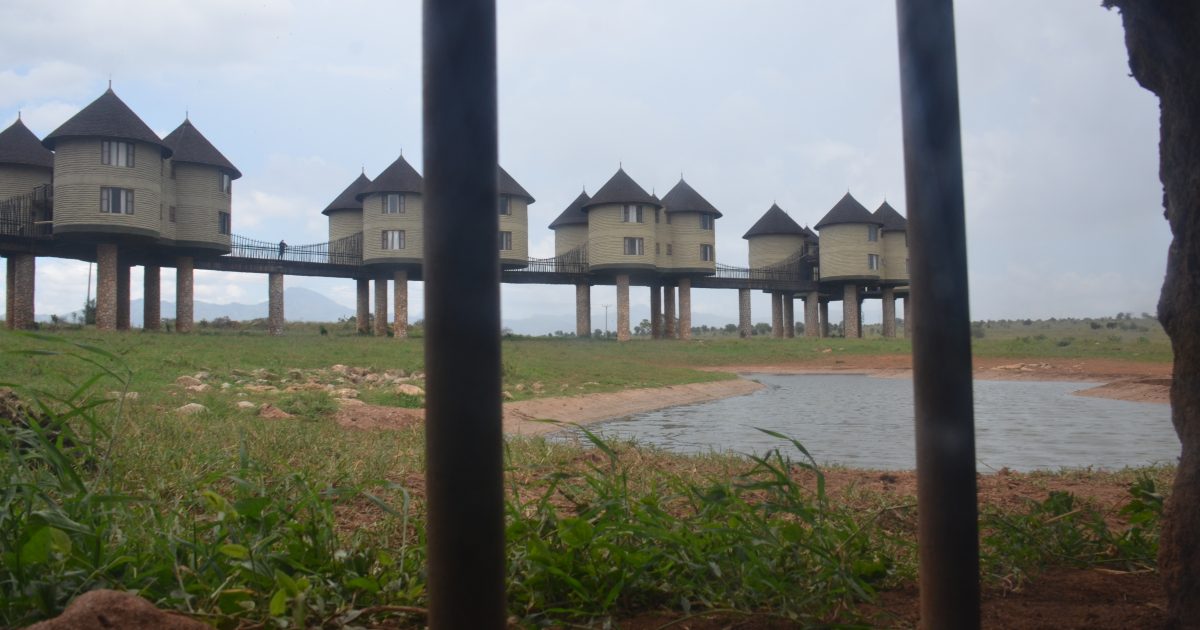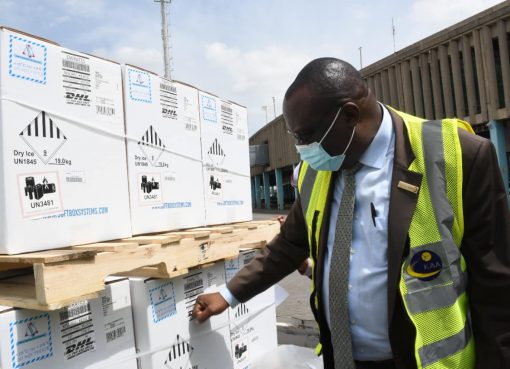When the government in May last year announced a multi-billion-shilling program under the presidential 8-point agenda to cushion various sectors of the economy against the devastating effects of covid-19, tourism was amongst the biggest beneficiaries with over four billion allocations.
Since the outbreak of Covid-19, tourism remains a hardest-hit area from the closure of hotels and other tour establishments.
The suspension of both domestic and international flights further piled misery on an already reeling sector. The impacts were grave. There was a massive layoff for hotel workers but the ripple effect did not end there. Farmers, traders and tour operators who relied on hotels had nowhere to take their produce and services resulting in heavy losses.
With the promise of a government intervention, optimism was ignited that any financial lifeline extended would help the sector regain its shine and emerge from its ashes.
To stimulate this growth, the government allocated Sh3 billion to Tourism Finance Corporation (TFC) for soft loans to hotels and related establishments. The money would support renovations of dilapidated structures, rehabilitation of worn-out facilities and assist in restructuring of business operations.
However, this intended stimulation risks to come a cropper reports from the ministry of tourism is anything to go by.
TFC Managing Director Jonah Orumoi said the loans were subdivided into two blocks to serve the Coast Region and other regions which heavily relied on tourism activities.
Coast, regarded as Kenya’s top tourism region, was allocated sh1.8 billion while sh1.2 billion was to be distributed to tourism stakeholders from the other regions.
Total loan applications received by TFC totaled sh7.2 billion. Out of this, applications from the Coast region were sh1.6 billion.
“This means that out of the total sh1.8 billion set aside for the Coast region, sh200 million remained unapplied,” explained the MD.
He added that sh1.2 billion set aside for other regions was fully committed noting that applications surpassed the allocated amount.
More disturbing is the revelation that out of the sh1.6 billion worth of applications from Coast tourism stakeholders, only applications worth sh300 million were approved after meeting the basic requirements.
Over sh1.5 billion is still being held by TFC. “There is over sh1.5 billion that has not been allocated because most applicants from here failed to meet the basic requirements,” he explained.
In Taita-Taveta County, he cited cases of tour establishment and hotels located in Tsavo National Park failing to provide valid lease documents as collateral for loans. Some hotels provided lease agreements with Kenya Wildlife Service (KWS) which were unacceptable because the protected area they are in is part of government-owned land.
“This is a government loan and we cannot accept government land as collateral. They must provide an alternative,” he said.
Other challenges he cited include lack of proper business plan, failure to complete loans application forms and being blacklisted by Credit Reference Bureau (CRB) for defaulting on previous loans.
TFC loans will only be availed to tax-compliant hotels registered with Tourism Regulatory Authority.
Once approved, the loan cannot be used to import building and construction material from outside the country. Materials and labor force for renovation must be sourced locally to stimulate cash flow in the regions.
The TFC loan applications will be opened in February. Issued with an interest rate of five percent, the hoteliers will start repaying the loan money after one year.
Mr. Orumoi said sensitization meetings were being conducted in Kwale, Kilifi, Lamu to raise awareness of the loans and encourage them to apply for the unallocated amount before the February deadline.
Mr. Anthony Kingi, a director at TFC, asked hoteliers to consider subsidizing their products to attract more domestic tourists.
He noted that once the potential in domestic tourists is tapped, the steady base can be utilized by hotels to navigate the worst of covid-19 effects.
“There is still room to tap into the local domestic market which can become a backbone for the tour industry in the country,” he said.
By Wagema Mwangi





